Mobile Development
Business
8 Best Mobile App Development Platforms
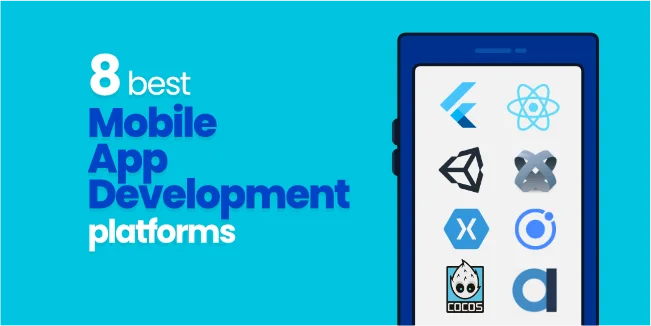
With the increasing number of mobile apps being created and launched daily, it's no wonder they're becoming increasingly popular. And not only are mobile apps getting wildly popular, but they're also able to generate income for their creators through different monetization methods.
That certainly sounds like it could be a great job with decent earnings. But what if I told you that this job is for everyone? So, if you've always had plenty of fascinating and innovative ideas but didn't pursue them because you lack coding skills, then this article is perfect for you.
If you don't have an idea for an app, we have also prepared an article about this topic. Check out our "Mobile App Ideas - how to come up with them, and what to develop in 2022?" article if you want to develop creative native mobile apps and cross-platform apps of your choice.
This post will explore the top mobile app development platforms for all smartphone operating systems.
Platform For Mobile App Development - What is it?
Nowadays, you no longer have to put in extra effort when building websites or apps because many platform providers offer these features. Back in the day, people would have to go through difficult programming processes and user interface design work, but that's not the case anymore.
The most popular mobile app development platforms are similar to an all-in-one tool suite that allows you to develop, test, optimize, debug, deploy, and maintain mobile apps.
Depending on the developer, those platforms will have different features. For example, you can use a platform to create a mobile app from beginning to end; however, there are times when you have to combine multiple separate platforms for front-end development and back-end security layers or data storage add-ons.
If you want your mobile app development process to be smooth and successful, here are the key features you should look for in a good platform.
What Should Mobile App Development Platform Contain?

If you want to create a mobile app without learning complex coding, consider using one of these development platforms. They let you use a drag-and-drop approach to get creative quickly and easily without complicated manipulation.
Not to mention, it also backs metadata-driven, model-driven, declarative, or other non-coding approaches. In other words, you can design distinct app models depending on your users' requirements.
Code-Centric Tooling
With this feature, you can see what your app will look like and how it will function without touching a line of code. Simply import the code into the tool to begin making changes; however, remember that you will need to update the original source before these changes go live by revisiting the plug-in IDE or platform where you found this tool.
MASA - Mesh App And Service Architecture
Mobile application development platforms can serve different user needs that feature API mediation, microservices, and event-driven requirements for an app.
For example, the Uber app uses this feature to offer users various options, such as taking an Uber while traveling or becoming an Uber driver.
AI Services
AI development is a crucial component when comparing different mobile app development platforms. It is because it can improve customer experience measurement and, as a result, increase the number of app downloads from stores. Usually, this feature will be integrated or closely tied in for users to take advantage of.
Mobile Application Development Platform Compatibility
Today's most popular mobile app market is divided into two platforms: iOS and Android. Your software must be built for a platform that supports at least these two platforms, ideally cross-platform apps, allowing users to download and use your program on Windows, macOS, and other operating systems. With that kind of compatibility, you can search in native mobile apps.
Scalability
As your company grows, so does your mobile app to help you reach the long-term objectives outlined in your business strategy plan. So pick platforms that allow for scalability via cross-platform solutions and tools.
Back-end Services
User management, push notifications, location services, offline synchronization, and file storage are all examples of application services that may be reused to improve cost efficiency. Integration, API design, and orchestration are all handled by core back-end services.
Monitoring and Analytics
You must track and analyze an app's performance before releasing it on mobile app stores. When you launch the project and run it on these platforms, they will inform you about its success and usage.
Security
When it comes to mobile applications, many individuals are unconcerned about security. For professionals and business customers, however, it is critical. Furthermore, robust cross-platform solutions may be used to eliminate security bugs regardless of the platform you choose to employ.
Top 8 Platforms For Mobile App Development
With many hybrid mobile app development options on the market, it's hard to know which ones are worth your time and money.
Flutter

The Google open-source SDK is stylish and out-of-the-box, with many compliments available. It's well regarded for its adaptability in user interface design, including creating unique, creative seamless animations. This mobile development platform employs the Dart programming language to create some of the most powerful apps possible. As a result, Flutter is ideal for building apps for iOS or Android that can be used on any device.
React Native
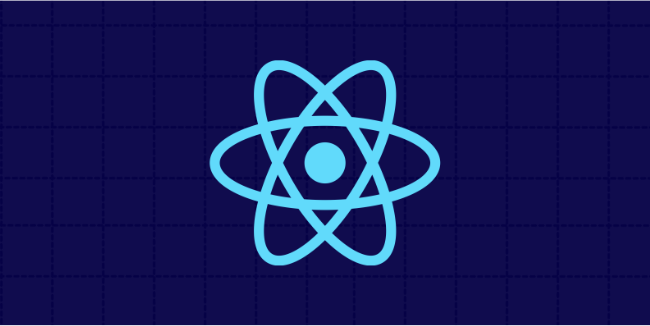
React Native is an open-source software created by Facebook that allows you to develop native apps for iOS and Android.
React Native has rapidly become one of the most popular options for the app development platform.
The best part about React Native is that it works on more than just mobile apps. You can use it to create native applications for web applications, Windows, UWP, tvOS, macOS, Android TV, and more. As a result of this cross-platform and cross-device capability, it's truly a cross-platform and device solution.
Unity3d
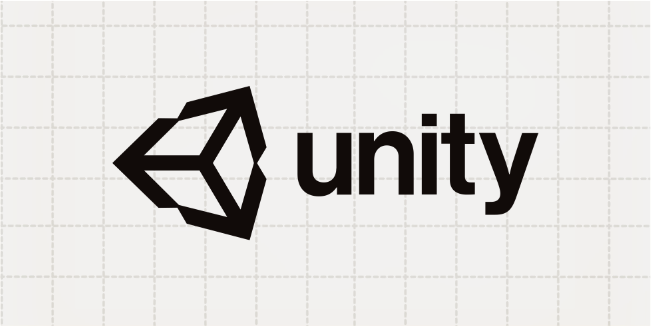
If you're developing a game, another cross-platform development tool to consider is Unity3d. One of the main reasons this tool is so popular is that it produces incredible graphics. In fact, it's so good that it can be used for more than just mobile apps.
After you develop the code using Boo, C#, or UnityScript, you can export your game to 17 platforms. Some of the most popular ones include:
- Android
- iOS
- Windows
- PlayStation
- Linux
- Xbox
- Wii
- Web
After your game is finished and running on all the mobile app platforms you've chosen, you may use the Unity3d platform to help you get it in front of as many people as possible.
Not only can you use Unity3D to monitor user behavior and get social endorsements for your software, but you can also join the Unity Connect network of developers and experts. It is an excellent resource if you need help or has questions about something.
However, if you're an expert with this development tool, you may join the community and get compensated for assisting those in need of it.
Titanium

The Titanium SDK is compatible with JavaScript. Their system makes it simple for you to produce native apps for both iOS and Android. You may reuse 60% to 90% of the same code across your applications.
For developers who have coded from scratch, you know how long it takes to code everything from scratch. This feature saves you a lot of time and effort. Having Appcelerator Titanium do more than half the work for you is why it's such a popular choice for hybrid mobile app development.
Because Titanium is open-source, thousands of developers worldwide always work to improve it. It results in a constantly improving toolkit in terms of performance and functionality. Maybe you'll even find a way to contribute too.
If you find any bugs or glitches while working, you can repair them in this system. Additionally, doing so will help other developers who use this tool in the future. The design features for Titanium are fantastic in that it allows anyone to drag and drop templates easily. With Titanium, you can effortlessly move from design back to code components. In addition to Java, Titanium also permits you to use Objective C and Swift code simultaneously with its code.
Xamarin
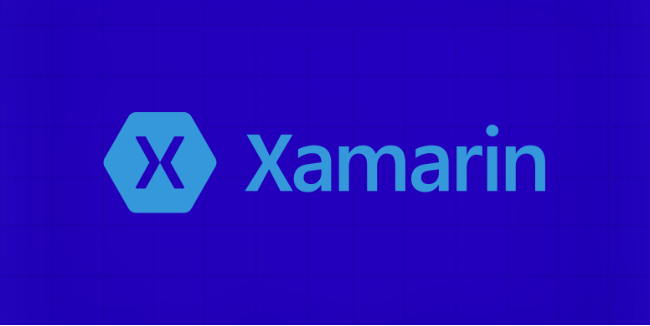
They've got a free package available to help you get started. Once you've finished creating your app, this tool also has app distribution capabilities.
I prefer Xamarin because of its performance-monitoring capabilities and thorough testing process. With tests on over 1,000 devices, you can be sure that your app is free of any potential glitches.
Xamarin is a C# or Ruby-based development tool. IBM, Foursquare, and Microsoft are just a few well-known organizations that have benefitted from this program.
Ionic Framework
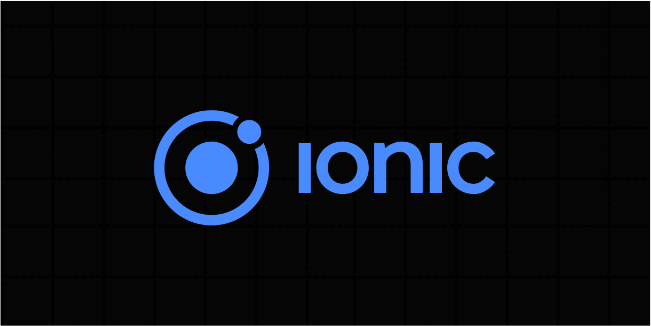
We love Ionic for its simplicity and ability to perform across multiple platforms. With HTML, CSS, and Javascript, you can easily create an app that will run on any operating system. Additionally, suppose you need to develop more complex mobile applications with useful features and increased interactivity. In that case, Ionic's integrated AngularJS will be able to meet your needs.
The Ionic framework's current version allows us to develop applications that load rapidly. Users may browse and scroll at 60 frames per second, whether their program is submitted to the apple app store or Google Play. You can be confident that your software will function swiftly and effectively on every device, regardless of where it is published. Thanks to Ionic's built-in features, such as accelerated transitions and pre-rendering, your product will be lightning-quick.
Cocos2d
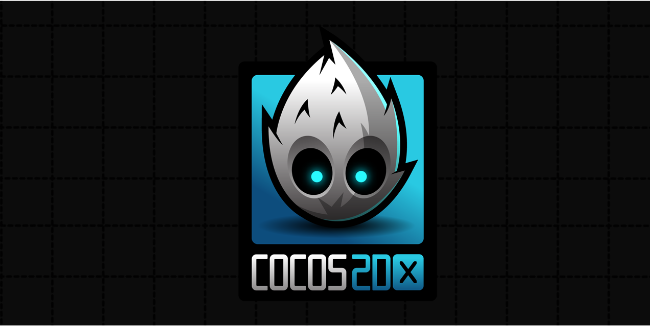
Cocos2d is also open-source software, just like Titanium. As a result, it evolves and improves at the hands of various developers.
If you're utilizing this program, you may select from five different platforms or forks to develop on.
These forks are designed for different programming languages, so choose the one that best suits your needs.
Xcode and Objective-C users should use Cocos2d-Swift, while those who prefer C# should go with Cocos2dXNA. Lastly, for JavaScript fans, the best option is to use Cocos2d-JS.
If you enjoy C++, then Cocos2d-x is your best choice. cocos2d (Python) is designed for the Python language.
One of the reasons why Cocos2d is so popular amongst developers is because it's versatile with programming languages. This element allows you to work quickly and efficiently because you're utilizing a language you're familiar with.
Some of the top gaming apps that were built using this cross-platform development tool include:
It should give you an idea of the quality level possible with this tool.
Alpha Anywhere
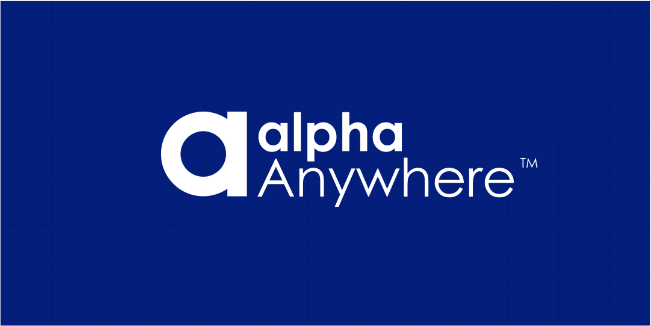
Suppose you're a developer that likes to have lots of different options for your programming language. In that case, you may want to give Alpha Anywhere a shot. You can use any language supported by .NET, such as C++ or Cobra.
To securely connect to SQL and no-SQL databases, ExcelOnTheCloud utilizes data integration. You may use REST services as a result.
Not only can you access your business application offline, but it also has an extensive storage capacity.
Alpha Anywhere provides everything you need to include GPS and GIS functionality in your mobile application.
Also, they have a calendar function that makes it simple to schedule your activities across your devices.
Final Thoughts
Choosing the proper platform to create cross-platform apps is one of the most critical aspects of creating a native app. It would be best if you simply chose the finest cross-platform frameworks. It is the simplest method to deal with numerous platform app development.
You can now construct a mobile app compatible with iOS and Android platforms to expand your customer base.
You won't have to worry about offending specific groups and won't be forced to develop for just one platform.
You'll be able to optimize your revenue by developing the platform. You'll also want to consider web apps, which fall into the cross-platform category. Native mobile applications, Android and iOS apps, Windows mobile app development, and hybrid apps are distinct. The best mobile app developers pay attention to every detail.
You'll need to find the right development tools to create a successful and efficient mobile app.
With so many options available on the market, it can be tricky to pick the right one. The list above will help you choose what's best for you.